
News writer; Opinion columnist
With massive multi-billion dollar jackpots and hundreds of millions of tickets sold every year, Powerball and Mega Millions are two of the most popular pastimes in America.
However, despite our national obsession with multi-state lotteries, purchasing a Powerball or Mega Millions ticket is still completely illegal in five states. While some of these states are trying to change their laws, others are perfectly content to ignore the lottery mania.
These are the five states where you still can't buy a multi-state lottery ticket.
Alabama
Of all the states without a lottery, Alabama is probably the closest to finally legalizing one. However, despite a concerted political effort to expand gambling in the state, the future of this initiative is murky at best.
In 2024, the Alabama House passed HB 151, a bill that would create a state lottery and other legal forms of gambling, including casinos and sports books. However, instead of voting on this bill, the state Senate passed its own version, which only authorized a lottery and stripped out most of the other gambling elements.
Now, the House is considering the Senate's version of the bill, but it's unclear if it will act on the new version or send another version back to the Senate.
Rep Chris Blackshear, who's leading the effort from the House side, has not committed to supporting the Senate bill.
He said:
I just obtained a side-by-side of the legislation that passed the Senate and what we passed in the House. We are in the early stages of reviewing that document and determining what direction we're going to move.
Assuming either version of the bill passes the state house, it would then have to be signed by Governor Kay Ivey, who has signaled her support for it. The final step would be for the state's voters to approve the law in a special election because the lottery is expressly banned in the state constitution.
The proposal would likely pass overwhelmingly in a state election. Polling indicates that Alabama citizens strongly support expanded gambling opportunities. A poll taken in February 2024 by Alabama Daily News-Gray Television showed that 71% of Republican voters would support casino gambling, sports betting, and a state lottery.
So, while significant progress has been made, there are still several hurdles to be overcome for Alabama to have a lottery, and the eventual outcome of the laws currently in consideration is unclear.
Alaska
While Alaska does allow for a small number of in-state instant win-and-draw games, state residents cannot purchase Powerball or Megamillions tickets.
Alaska is less dependent on tax revenue than other states, largely due to its large oil reserves and small population. Therefore, the government is not under pressure to allow residents to participate in larger multi-state games.
The games that the state does allow must benefit a specific charity, and winners only receive 20% of the total funds raised for the game, which is a far lower amount than in most other states. So, while lottery games are legal in Alaska, they are nowhere near as robust as in states that have over 100 scratch-off tickets and multiple daily drawings.
Currently, no significant effort is underway to create a more extensive lottery system in the state.
Hawaii
Some states without lotteries will offer a limited type of gaming, such as bingo. However, Hawaii has some of the strictest gambling laws in the country, and almost no form of gaming is legal in the island state.
The state even passed laws that forbid cruise ships with casinos from using local ports if they started or ended their voyage in Hawaii.
While several bills have been introduced in the state house to authorize some limited form of gambling, such as bingo halls or state-run games, none of them have come close to passing.
Part of this attitude is due to former Senator Daniel Inouye, a legendary politician in the state.
Hawaii's economy is dependent on tourism for its success, and he believed that gambling would be damaging to the state's image.
He believed that allowing gambling would bring “a different type of people” to the islands, and he believed these visitors “will not be the type you see now with their young children, young folks spending their honeymoon.”
Even though Senator Inouye died in 2012, his view has remained strong in the state. A survey conducted by the University of Hawaii showed that a slight majority of residents remain opposed to legal gambling.
Interestingly, Las Vegas is one of the most visited cities for residents of Hawaii, so much so that it is sometimes called “the 9th island.”
Nevada
Of all the names on this list, Nevada is probably the most surprising, given that most Americans would consider it the country's gambling center. But while the Silver State probably offers more ways to play than just about any other gaming destination in the union, it's still not legal to buy a ticket for a multi-state lottery there.
David Schwartz, the director of the UNLV Center for Gaming Research, says that opposition to the lottery is part of the state's origins. “From the start, Nevada was against lotteries. It's very interesting that there was a tolerance of legal gambling and legal gaming in casinos early on.”
He states that people had more trust in traditional table games in the 1860s because they could see everything that was happening in front of them. By the time lotteries were considered safe, the state's casino interests decided that they didn't want competition for the gambling dollar.
Nevada's existing gaming industry generated $14.8 billion in revenue in 2022.
However, like Alabama, there is a concerted effort by the state government to authorize multi-state lotteries, but it will be a long process.
The state assembly passed AJR5 during the 2023 session, which would legalize multi-state lotteries. However, because this would change the state constitution, the bill will need to pass a second session in 2025 with the exact same wording before it can become law.
Next, voters must approve this new law in a referendum that would take place in 2026. Even once authorized, establishing a state lottery would take a few years, and most supporters think that 2029 is the earliest time when Powerball tickets could be sold in Nevada.
So, while there are plenty of reasons to visit Nevada, buying a multi-state lottery ticket won't be one of them for at least another half-decade.
Utah
Utah is closer to Hawaii because the state has stringent laws against gambling, and it seems unlikely that they will change any time soon. Utah's state constitution specifically bans the wagering of money or anything of value on the outcome of any game of chance.
The Church of Jesus Christ of Latter-day Saints is highly influential in the state, and church doctrine specifically forbids gambling.
While State House representative Kera Birkland has submitted a proposal to create a state lottery, it is unlikely to receive serious consideration. Of all the states on this list, Utah is probably the least likely to authorize Powerball or Mega Millions ticket sales.
Of course, just because a state doesn't sell multi-state lottery tickets doesn't mean that residents can't drive over the border to one that does. KJ's Kwik Stop is located just over the border from Utah in Idaho, and it's advertised directly to Utah players on its website with a message that reads:
Just because Utah doesn't participate in the lottery doesn't mean you can't!
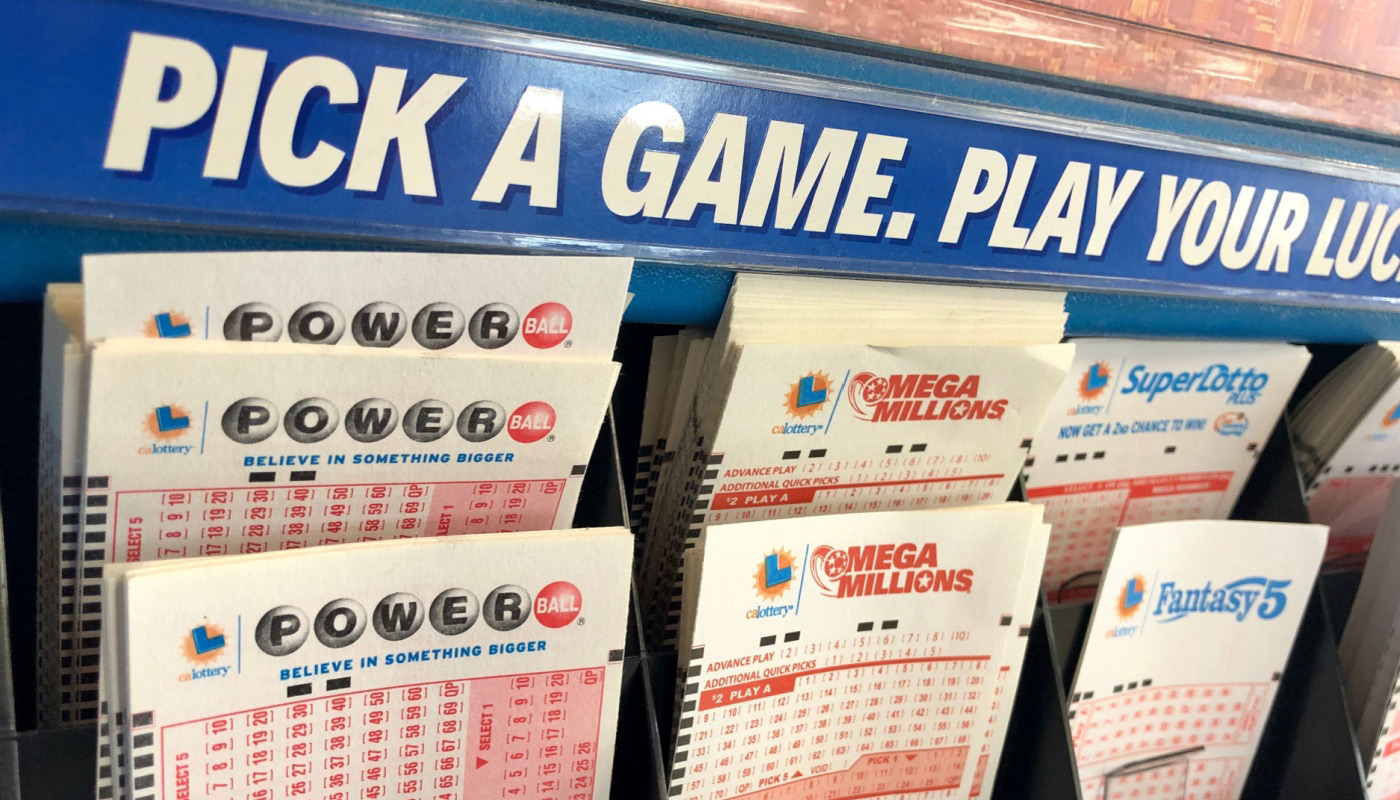




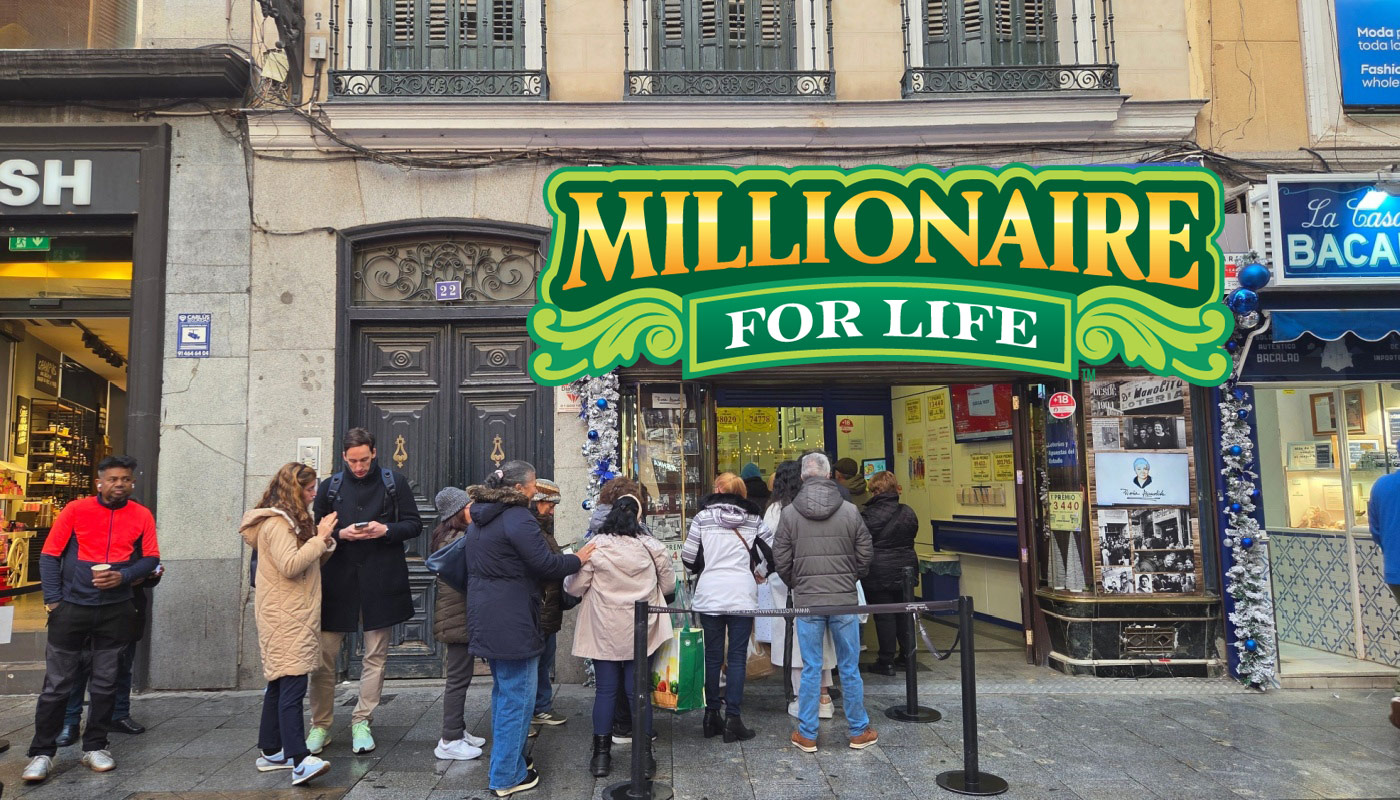

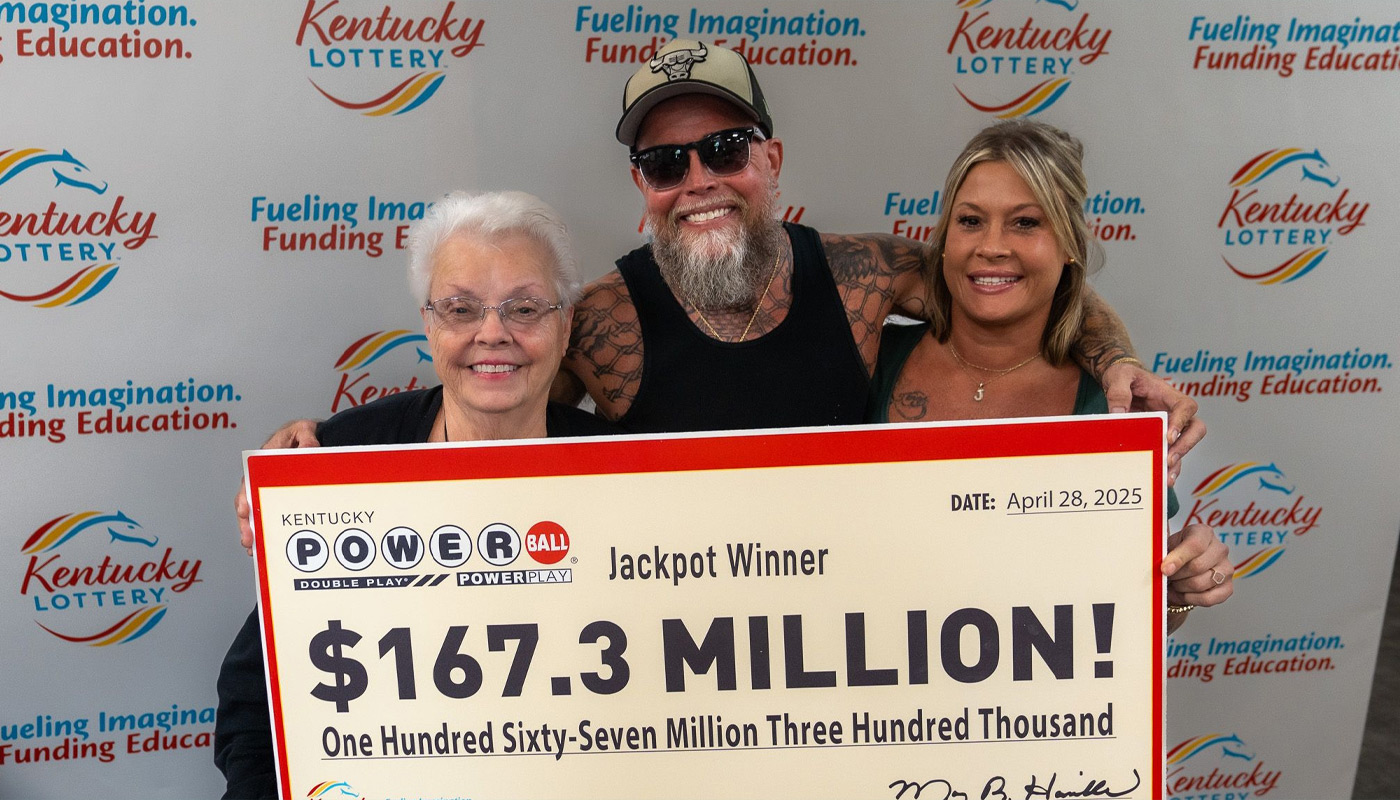
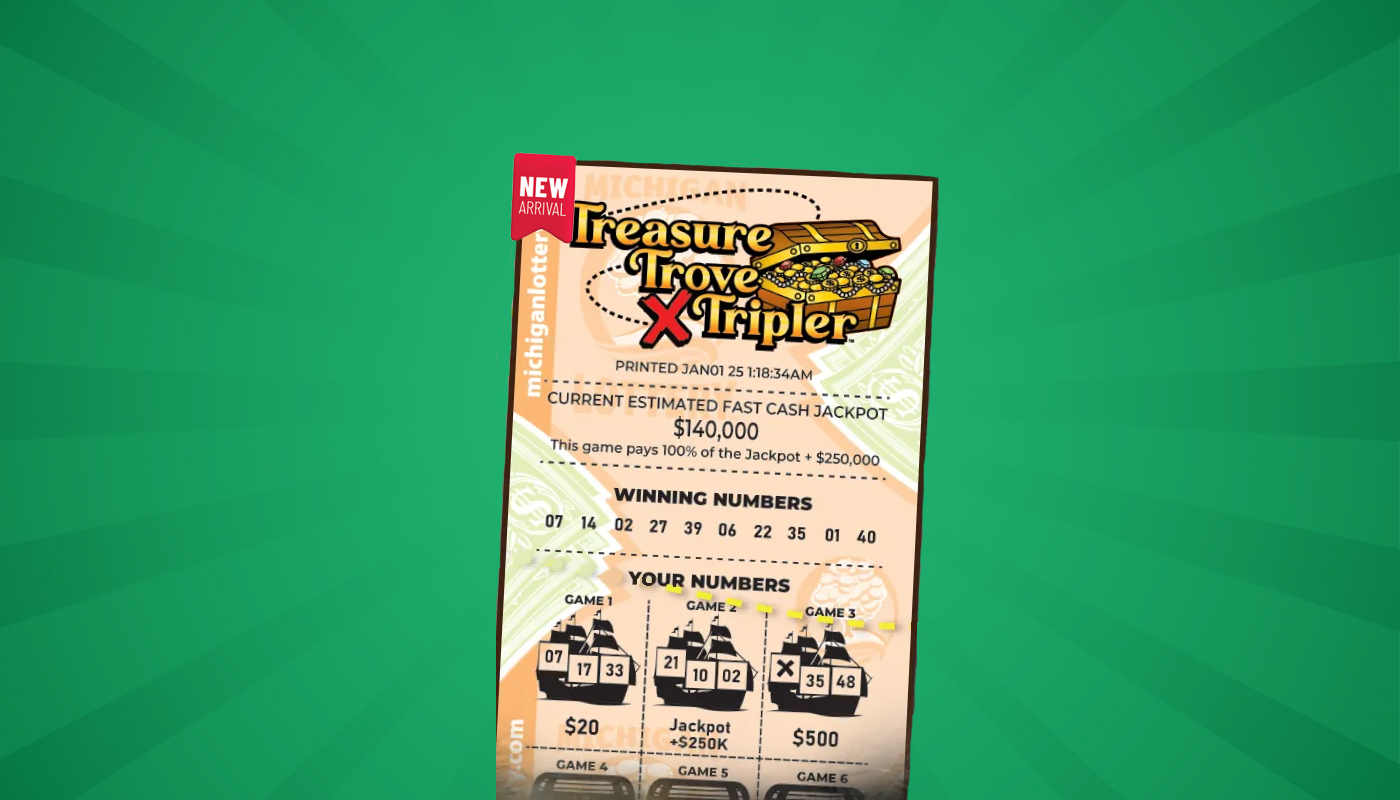
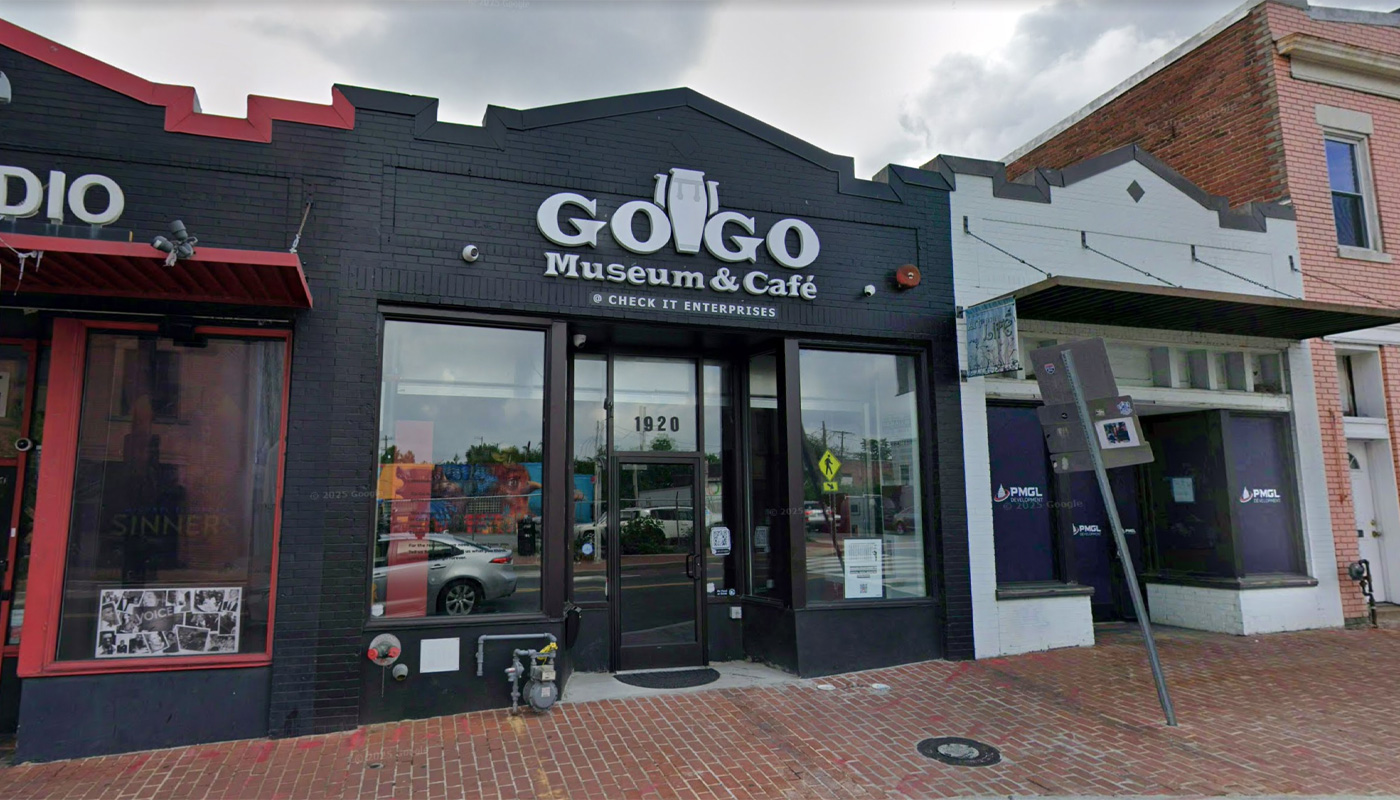









Comments